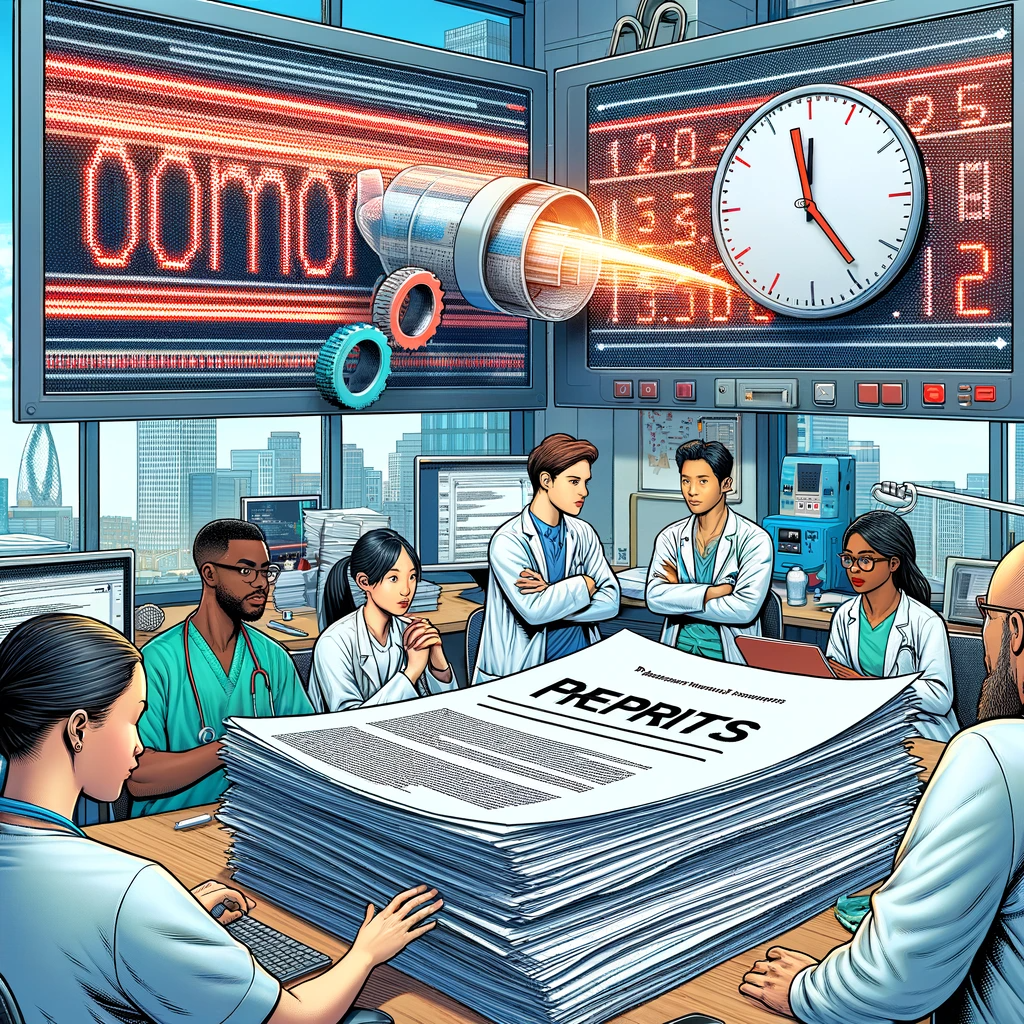In his article, “Can’t We Do Better? A cost-benefit analysis of proposal writing in a competitive funding environment,” Gerald Schweiger delves into the world of third-party funding in Austria’s energy research sector. Through a detailed survey, Schweiger uncovers the extensive time and effort invested in proposal writing and questions the efficiency of the current competitive funding system.
The Heavy Toll of Proposal Writing
Schweiger’s study reveals a startling fact: preparing a new proposal takes about 50 working days. Given the current success rates, roughly 300 person-days are spent on writing proposals for just one to be funded. Over 90% of researchers feel this is excessive and counterproductive, with only a meager 10% seeing positive effects on research quality from this competitive system.
The Trust Deficit in the Review Process
Another critical aspect highlighted is the researchers’ limited trust in the objectivity of the proposal review processes. This skepticism stems from the unpredictable nature of funding decisions, often perceived as random or chance-based rather than meritocratic.
Implications for Evaluation Practice
- Time and Resource Allocation: The extensive time devoted to proposal writing detracts from actual research work, potentially slowing down innovation and progress in energy research.
- Quality of Research: With researchers questioning the effectiveness of the funding system, there’s a concern that the pursuit of funding may overshadow the pursuit of quality and innovation in research.
- Trust in the System: The perceived lack of objectivity in the review process could demoralize researchers, leading to a less motivated research community.
Recommendations for Improvement
- Simplification of Application Processes: Implementing more straightforward application procedures could reduce the time burden on researchers.
- Alternative Funding Strategies: Exploring options like lottery-based systems could introduce more fairness into the funding process.
- Increase in Direct University Funding: Reducing dependence on competitive third-party funding might allow researchers to focus more on quality research than on securing funds.
Conclusion
Schweiger’s study sheds light on the hidden costs of securing research funding in Austria’s energy sector. It’s a call to rethink the current funding mechanisms to foster a more efficient, fair, and quality-driven research environment.

